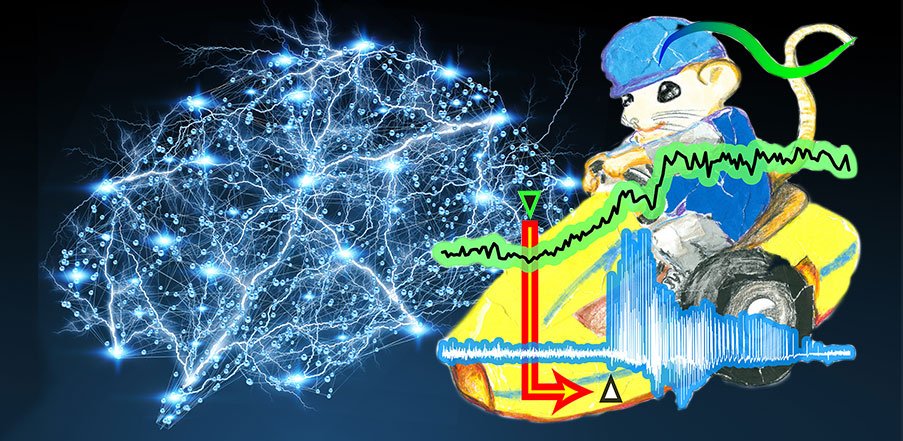But first, I acknowledge the Wurundjeri People of the Kulin Nation who are the owners of the land I am speaking from. I am a visitor here. I live and work on the lands of the Dharug People, bounded by the Hawkesbury River in Sydney, where the waters are steadily rising as I speak with you today.
So, I’m not much of a gamer. I have only finished two video games from start to finish in my life – Super Mario Land and Angry Birds. I asked a few people yesterday which of these was their favourite and the clear winner was Super Mario Land – so here goes.
Imagine. The year is 1989. It’s your birthday and you have just unwrapped a brand-new Nintendo Game Boy.
You’re playing the very first level of Super Mario Land. The theme music is cheerful and upbeat. You stroll along confidently, collecting coins. You jump up, hitting your head on square, elastic tiles, and more coins appear. Sometimes you reveal a heart, which floats over you, granting you an extra life. Sometimes you find a flower, which makes you grow big and strong, and grants you the power to shoot bouncy balls. There are ants walking around, and bees in the sky. When you bump into them, they stun you briefly, but don’t kill you. At various stages, you need to jump between sliding platforms to progress. The movement of the platforms is coordinated and predictable. If you don’t jump at the right time, you get several more opportunities. When you reach the end of the level, you climb a ladder and get a reward.
The next level feels harder, but after losing a life to a missed jump, you get through.
Towards the end of the game, you find yourself running through a crumbling tomb in Ancient Egypt. Bricks are falling from the ceiling. There are hidden tunnels and concealed passages. Sphinxes float in the air – they are breathing fire, and if the flames touch you, death is instant. The music is fast and frantic. The sliding platforms move quickly and erratically. If you miss your chance to jump, it won’t come again. You lose the game.
I’m an incredibly lucky person. I was born white to white parents. I’m heterosexual, cis-gender, able-bodied, neurotypical. I’m a professional woman living an upper middle-class lifestyle in a large city. I’m playing the game of life on a relatively easy level. I’m highly privileged.
Our society has constructed categories of ‘normal’ and ‘other’. In our society, as we have constructed it, we’re not all playing by the same rules. The more ‘normal’ you are, the closer you are to the centre of agency and power, and the easier the level you play. As you get further from the centre, you become increasingly ‘other’, carrying intersecting and compounding dimensions of diversity. The settings of the game you must play become steadily more difficult.
If you’re playing on an easy level, chances are that you can’t see, or understand, how the game works for others. You might assume that everyone is doing the same.
There’s another setting in Super Mario Land. If you bump your head on a tile and release a shooting star, you become invincible. You can run faster, jump higher, shoot harder. The chorus from the Can Can plays. When you collide with a monster, you simply push it aside. You can fall down holes, jump long distances and be shot by arrows – but you survive. You’re untouchable. We can all think of a few people who seem to live their lives on this setting.
In recent years, we have been conditioned to think of resilience as an individual attribute – someone’s emotional fortitude or personal strengths. Instead, we should think about resilience as a structural issue. We are all playing by different rules. To demonstrate this, I want you to think about what happens to people when they make a mistake, or when things go wrong.
If you’re playing Super Mario Land in shooting star mode, you’re at the centre. You keep on running, jump over chasms, and push the monsters aside. You get past the gatekeeper to find your long, lost love. All mistakes are forgiven, even really big ones. You win!
If you’re playing on an easy level, you can make a mistake and get back on track. You will probably use some help from family and friends. You might also be supported by services provided by institutions that you can trust – like police, hospitals, schools, and banks. It will feel difficult at the time, but you will get there in the end.
If you’re playing in the crumbling tomb, all your energy is focused on trying to survive. If you make a mistake, you lose everything.
International Women’s Day celebrates the many endeavours and achievements of women. We have come a long way when it comes to gender equity, but we are still not playing on a level field.
Some white feminists, who are privileged, like me, can dream of their daughters finding a place in the board room.
Meanwhile, many Black women, the world across, are teaching their sons how to be invisible, so they don’t get arrested – or worse, shot.
Here, at ACEM, we are driving meaningful change. We want to ensure our College provides the best possible specialist medical training and that the emergency departments our members work in provide culturally safe, genuinely inclusive care.
The theme for International Women’s Day this year is break the bias. I ask you to reflect: how many of your friends and colleagues have had significantly different life experiences to yours? I ask you to think deeply: which level of the game are you playing on? I ask you to commit to breaking the bias by listening and learning to the experiences of people who are playing the game of life on more difficult settings, almost always because of factors that they have no individual power to change.
I always feel a bit uncomfortable about International Women’s Day. And do you know what? That’s probably a good thing. It reminds me that there is no feminism without diversity and inclusion. It reminds me of my privilege and to make space for others. It reminds me to strive harder for a fair and equitable world.
We can only do it if we work together.
Thank you.



